Title: Mitigation and adaptation strategies in climate-smart agriculture: A review for sustainable production Journal: Climate Smart Agriculture DOI: https://doi.org/10.1016/j.csag.2026.100097 Abstract: Climate change affects global farming, particularly smallholder farmers who are already struggling with challenges such as poor yields, water shortages, and limited access to technology. However, agriculture is the source of approximately 25–30% of global greenhouse gas (GHG) emissions, making sustainable agriculture solutions essential. To address this, climate-smart agriculture (CSA) […]
The following paper about mitigation and adaptation strategies in climate-smart agriculture: A review for sustainable production has been recently accepted for publication by Climate Smart Agriculture. Awais, M., X. Wang, and M. U. Ashraf. Mitigation and adaptation strategies in climate-smart agriculture: A review for sustainable production. Climate Smart Agriculture, accepted on January 09, 2026. More details will come soon once the paper is published.
Title: Divergent occupational heat stress strategies required for Northern and Southern China under climate change Journal: International Journal of Biometeorology DOI: https://doi.org/10.1007/s00484-025-03113-0 Abstract: Observable climate change has led to an increase in compound heat events, thereby amplifying the economic impacts of labor heat stress and necessitating intervention strategies. Current research lacks high-resolution precision in projecting future heat stress and quantifying adaptation strategies, which is particularly critical for China given its […]
On November 20, 2025, Dr. Xander Wang joined the CBC Maritime Noon as a panelist to discuss about coastal erosion and climate change in PEI during a special event hosted in the Canadian Centre for Climate Change and Adaptation at UPEI. In the morning of November 20, Dr. Wang also offered a live demonstration of the lab-scale coastal and inland flood simulator to the visitors from PEI Watershed Alliance and […]
On November 4, 2025, Dr. Xander Wang was officially inducted as a Fellow of Royal Canadian Geographical Society (RCGS) during the AGM of RCGS in its headquarters at 50 Sussex Drive in Ottawa. RCGS fellows are remarkable Canadians from scientists and educators to artists and adventurers, whose achievements and curiosity advance the society’s mission of exploration, education, and making Canada more known to Canadians.
Title: Optimizing wind-solar synergies in China with spatiotemporal analysis and climate change impacts Journal: Journal of Cleaner Production DOI: https://doi.org/10.1016/j.jclepro.2025.146924 Abstract: Understanding the characteristics and variability of renewable energy is essential for reliable integration planning and sustainable development. This study examines the spatiotemporal variability and complementarity of wind and solar resources across China, and evaluates their response to future climate change scenarios (RCP 4.5 and RCP 8.5) using high-resolution MERRA-2 […]
Muhammad Qasim has successfully passed his PhD candidacy exam on October 27, 2025. The title of Qasim’s candidacy exam presentation was “Groundwater Investigation and Modeling: Challenges and Advances”. Congratulations to Qasim!
Title: The impacts of climate change on livestock: An interdisciplinary, scoping review of health, production, and adaptation strategies Journal: Climate Smart Agriculture DOI: https://doi.org/10.1016/j.csag.2025.100082 Abstract: Climate change has been recognized to negatively affect livestock animals, as it can severely impair their health and productivity by disrupting homeostasis. This study aims to linearly compile the sources of environmental stress on livestock animals into a more comprehensible format, which can be of great value to […]
In the afternoon of September 17, 2025, Dr. Wang was interviwed by the CBC News Network’s Andrew Nichols to discuss the extreme heat that PEI has experienced in recent years due to climate change. According to Environment and Climate Change Canada, every Canadian province and territory experienced at least 10 ‘risky heat days’ added due to climate change. PEI experienced the greatest number (24 days) of ‘risky heat days’ added […]
In the summer of 2025, the Action Canada fellows took part in an immersive study tour in Prince Edward Island to explore the province’s unique regional, environmental, and cultural dynamics. This tour included a visit to our Climate Smart Lab in the Canadian Centre for Climate Change and Adaptation. Here is a Vlog created by Action Canada which reflects the perspective of Magnolia Perron, who is one of the 2025-2025 […]

Here in the Climate Smart Lab, we are a group of people developing sustainable climate solutions with cutting-edge technologies to help build climate-resilient communities. Collectively, we are working together with experts from all disciplines to build a climate-smart future for the next generation and many generations to come.